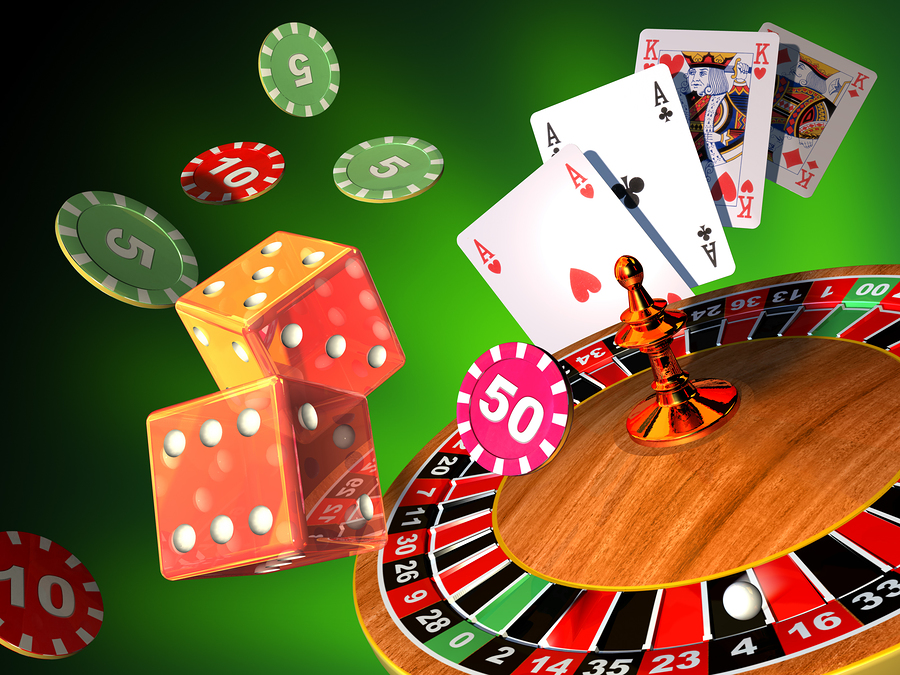
Casino experiences have enthralled players for centuries, evolving from basic recreational activities to intricate adventures that integrate fortune, strategy, and amusement. From the early beginnings of gambling in societies including ancient Mesopotamia and Rome to the glitzy corridors of contemporary casinos, the journey of these games reveals much about our nature and our interaction with luck. As cultures have merged and technological advancements have occurred, casino games have evolved, reflecting the changes in society and developments in gameplay.
The initial iterations of gambling likely involved elementary games involving dice and placing bets on the outcomes of sports competitions. Over time, these primitive activities grew into more structured games like table games, the roulette wheel, and the variety of slot machines that populate the floors of casinos today. Each era brought its distinct regulations, visual styles, and cultural importance. Today, casino games maintain their evolution with the rise of online platforms, enabling players from all corners of the globe to participate in a shared experience, further fusing the traditional with the digital age.
Early Roots of Gambling Games
Casino games have foundations that stretch back to ancient societies, where gambling was strongly entrenched in cultural practices and cultural customs. The initial known instances of betting emerged in ancient Mesopotamia around three thousand BC, including primitive die games made from bone bones. These initial activities laid the foundation for more complex gambling games, reflecting human beings’ instinctive urge to seek wealth and amusement through chance.
As societies progressed, so did their betting pursuits. In historic Chinese culture, around 2300 BC, tiles were discovered that looked like primitive basic versions of a lottery game game. More organized forms of gambling emerged in the Roman Empire, where activities of chance were a frequent recreation, often taking place in social events. The ancient Romans developed different betting activities, which entailed die and board games, showing the widespread nature of betting across various social classes.
With the movement of time, these primitive games influenced the development of contemporary gambling activities. In the Middle Ages, playing card activities emerged prevalent in European culture, paving the way for the professional gambling establishments we know today. The transition from casual betting to organized gambling in pubs and personal homes marked a significant shift in how people interacted with activities of chance, leading to the eventual establishment of casinos as dedicated places for gambling.
The Emergence of Modern Casino Gaming
The final 20th century marked a pivotal change in the field of gaming, driven by tech innovations and transformations in societal views towards wagering. The introduction of personal computers and the World Wide Web revolutionized the way gamblers interacted with their favorite gaming experiences. Virtual casinos emerged, allowing gamers to enjoy classic table games like Texas Hold’em and blackjack from the safety of their houses. This new online environment not only expanded availability to gambling options but also attracted a younger audience who found the comfort and variety tempting.
As digital gambling gained momentum, so did innovations in gaming technology. https://zbet8.net/ The creation of advanced software and visual elements changed conventional casino games into captivating adventures. Players could now interact with realistic live dealers through live streaming, bringing the vibe of brick-and-mortar casinos directly into their living rooms. This blending of in-person play with digital interfaces created a unique hybrid experience that elevated the community element of gambling, allowing it possible for people to engage and compete with fellow gamers around the world.
Additionally, the growth of gaming on mobile devices substantially changed the gambling environment. With the ubiquitous use of mobile phones and tablets, players can enjoy their favorite gaming options anywhere, anytime. Mobile apps offer a wide selection of options optimized for touchscreens, serving the dynamic lifestyle of contemporary gamers. This easy access has led to rising participation in casino games, driving the rapid expansion of the gambling sector. As a result, the prospects of casino gaming continues to develop, adapting to new technologies and changing consumer preferences.
How Technology Influences Casino Games
Technology’s advancement has significantly transformed casino games, enhancing the overall gaming experience for players around the world. As the internet emerged, online casinos were created, allowing players to play their preferred games from the safety of their own homes. This change not only made casino games more accessible but also increased the variety of games available, as online platforms could offer many different versions of traditional games without the limitations of brick-and-mortar establishments.
Mobile technology further transformed the casino gaming landscape. As smartphones and tablets became widespread, players can to play casino games anytime and anywhere. This flexibility has led to the creation of dedicated mobile applications and optimized websites that provide seamless gaming experiences. Additionally, advancements such as live dealer games have brought the genuine feel of a casino into players’ living rooms, connecting between physical and online gaming.
Furthermore, advancements in AI and virtual reality are paving the way for the next generation of casino games. AI improves game design and player interaction, creating customized experiences based on user behavior and preferences. Meanwhile, virtual reality provides immersive environments where players can engage in a virtual casino environment, making the gaming experience more exciting and lifelike. As technology continues to evolve, the future of casino games looks promising, filled with endless possibilities for advancements and entertainment.
